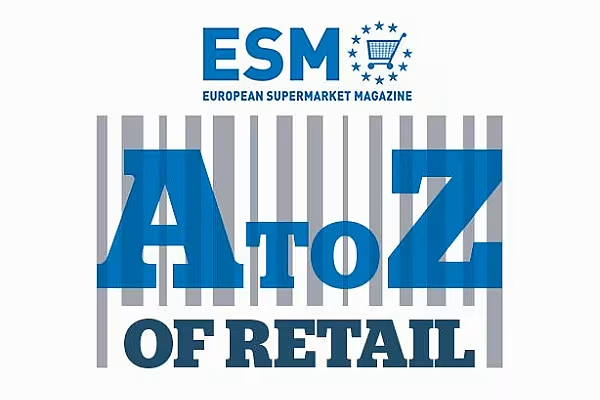ESM: European Supermarket Magazine is proud to launch 'The A-Z of Retail', a new subscriber-only series that offers a deep analysis of the retailers, suppliers and individuals making the news each week. Today: E is for Energy Drinks.
Far from putting 'pep in your step', energy drinks may have a sluggish few months ahead following the decision by several leading retailers to curb the sale of said products to young people.
Earlier this month, UK retailer Waitrose said that intends to ban the sale of energy drinks to under-16s from March of this year, in response to EU labelling requirements, which state that any soft drink with 150mg of caffeine per litre must carry a high-caffeine content warning.
“As a responsible retailer we want to sell these products in line with the labelling guidance,” a Waitrose spokesperson commented.
And on 18 January, Asda and Aldi UK announced that they were following suit, with a similar ban on the sale of said drinks to under-16s. Asda's restriction will come into play on 5 March, with Aldi introducing its measure on 1 March.
Celebrity Endorsement
Celebrity chef Jamie Oliver has also recently gotten involved in the debate, starting a Twitter campaign called #NotForChildren, that is urging UK Health Secretary Jeremy Hunt to introduce an outright ban on the drinks for under-16s.
12% of kids under 11 drink a whole litre of energy drink in one sitting! Protect our children @Jeremy_Hunt and put age restrictions on the sale of energy drinks to under 16s. #NotForChildren pic.twitter.com/f9B65pab64
— Jamie Oliver (@jamieoliver) January 16, 2018
Those calling for tighter restrictions point to markets such as Lithuania, which banned the sale of energy drinks to under-18s completely in 2016.
Currently, the main labelling directive relating to the sale of energy drinks in the EU is the Food Information Regulation. It states that soft drinks with a caffeine content of 150mg per litre or higher must bear the label: ‘High caffeine content. Not recommended for children or pregnant or breast-feeding women’.
Yet despite this measure, increased awareness of the risks associated with high caffeine consumption has re-energised the debate about energy drinks and could well lead to more stringent paradigms governing their sale.
Caffeine Concerns
The health community has repeatedly raised concerns over the potential harmful effects of energy drinks, particularly for children and teenagers, a group that, the health industry claims, is a key marketing target for manufacturers.
The European Food Safety Authority has highlighted several adverse effects of excess caffeine consumption such as interrupted sleep, anxiety, high blood pressure and behavioural changes.
Energy drinks usually contain around 80mg of caffeine per 250ml can, which amounts to 320mg per litre. Some smaller so-called ‘energy shots’ can contain as much as 160mg in a 60ml bottle, or 2.6g per litre.
Recent studies in the US suggest that adults should not exceed more than 400mg of caffeine per day, while pregnant women shouldn’t go above 300mg a day and adolescents and children should stick to 2.5mg per kg of body weight per day.
Earlier this week, the Dutch Association for Children’s Health (NVK) was the latest European health body to call for restrictions on the sale of energy drinks to young people, calling for an outright ban on their sale to under-18s.
"A ban would make parents think and raise their awareness of the consequences," Dr. Brita de Jong-Van Kempen told Algemeen Dagblad. "We can wait until we have a fatal incident, or we can take measures."
Sugar Tax
Along with other soft drinks, energy drinks will also be faced with the challenge laid down by the UK’s upcoming sugar tax, due in April this year, with Ireland poised to follow suit.
The larger companies like Red Bull and Rockstar have already introduced low or zero-sugar alternatives that will dodge such legislative pressure. But their regular variants could face heavy taxation due to their high sugar content.
The levy will tax soft drinks for total sugar content over 5g per 100ml and many of the most popular energy drinks far exceed those levels. A recent study by the BBC found that Red Bull has 11g of sugar per 100ml, while a can of Mountain Dew has 13g and Rockstar Punched Guava even has 15.6g per 100ml.
There are those in the industry that feel that caffeine - like alcohol, tobacco, and sugar before it - will be the next 'food nasty' in the EU's sights. As to whether the likes of Red Bull will consider reformulation or face the spotlight, remains to be seen.
© 2017 European Supermarket Magazine – your source for the latest retail news. Article by Kevin Duggan. Click subscribe to sign up to ESM: The European Supermarket Magazine














